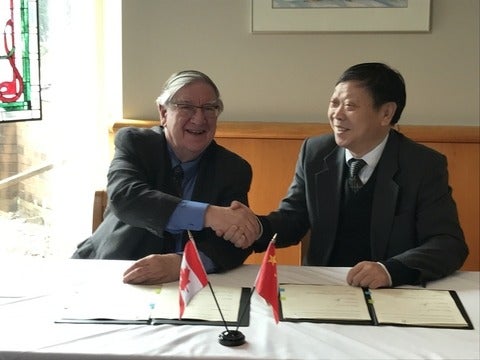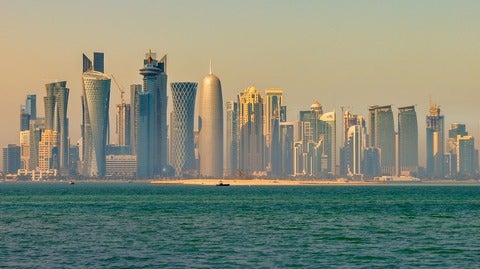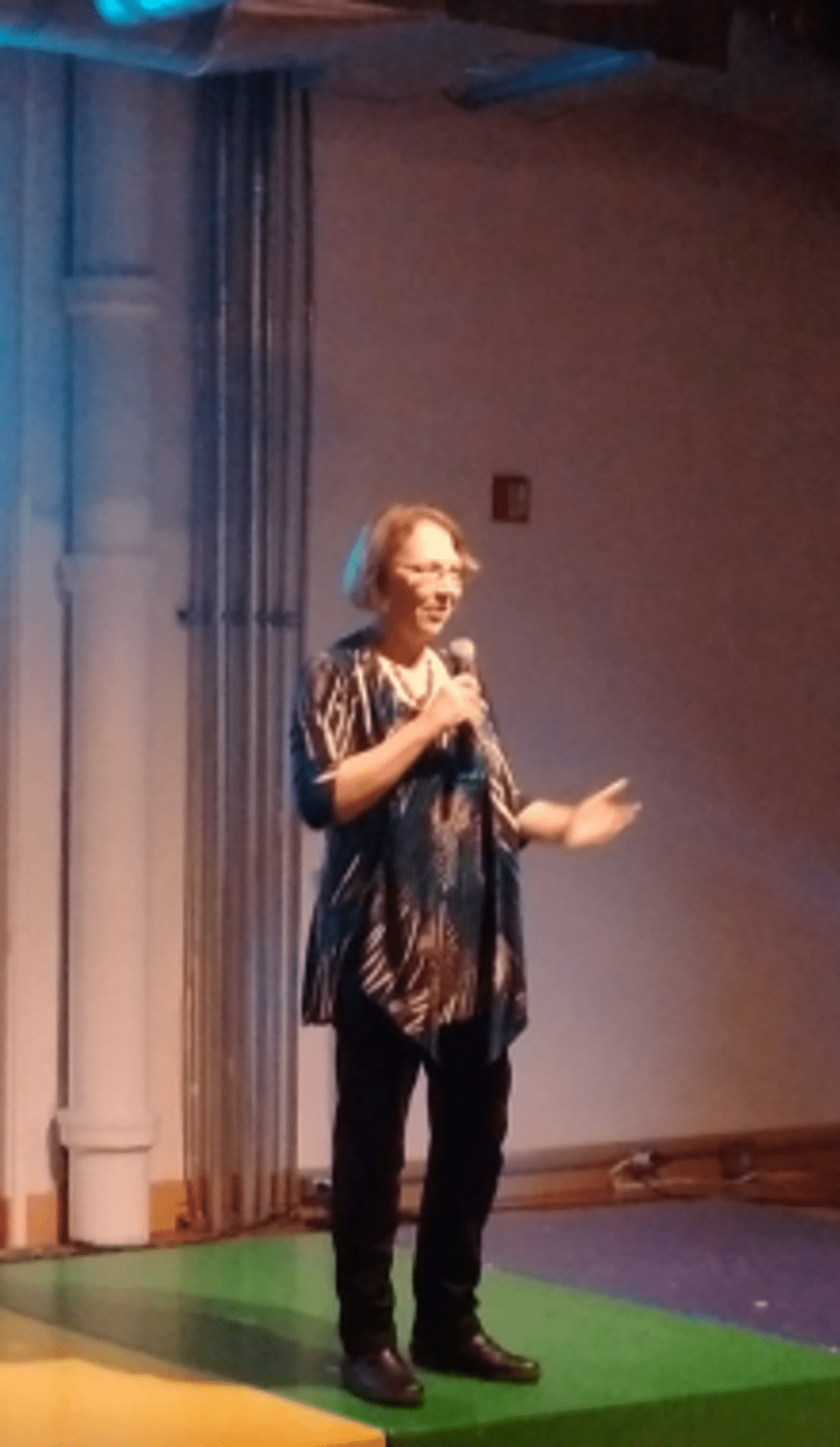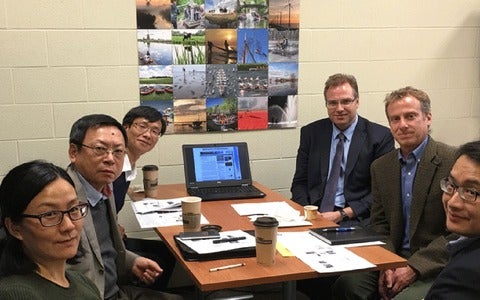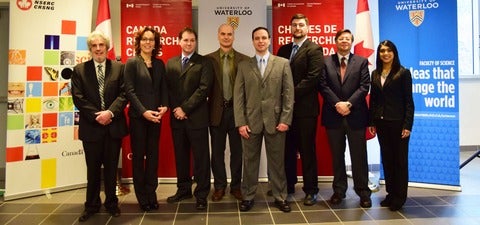An inside look at the Collaborative Water Program
Collaborative Water Program student, Danielle Lindamood, was accepted into the "Water Innovation Lab - India" program in the fall of 2016. It brought together 35 students and water practitioners from around the world for a two-week field experience in locations around India. She spent two weeks overseas exploring different water problems and contexts, and presenting innovative ideas for solutions.
Below she has written about her experience in India and her experience in being a part of the Water Institute’s Collaborative Water Program.
